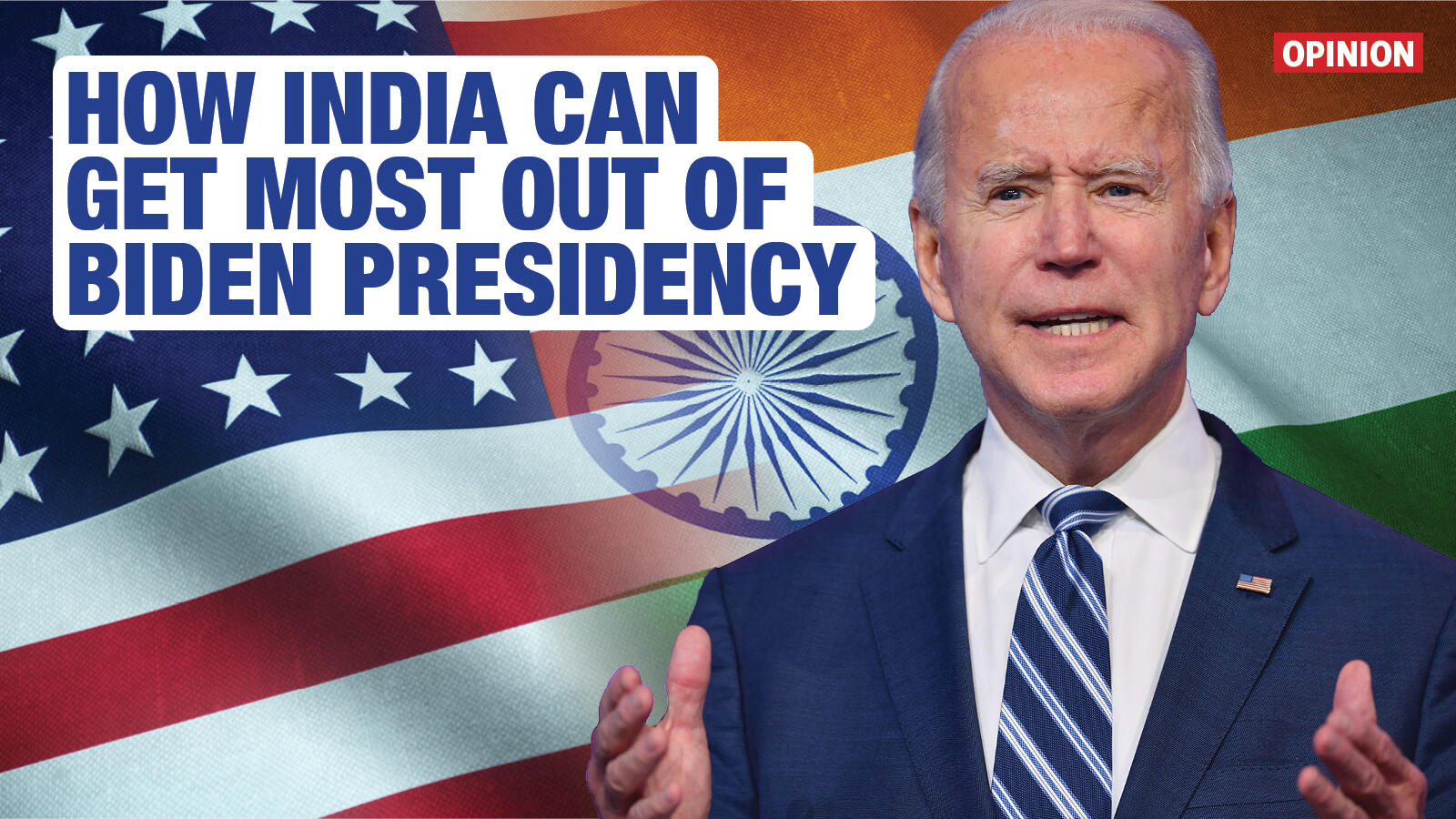
‘I want to go, it will be great theatre,’ is how US President Donald J Trump closed the debate amongst his advisors on visiting Singapore for a summit with Kim Jong-un, the Supreme Leader of North Korea. The president was unprepared and did not want a ‘big formal agenda.’ Needless to say, nothing big was achieved either. A few days later, finally arrested of the fact that North Korea had no intention of denuclearisation, Trump said: ‘we’re going to end being chumps.’ North Korea, he now argued, was a ‘waste of time.’ This was a point his confidantes had not failed to tell the deal-hungry leader many times over.
This is only a snapshot of how the Trump White House dealt with foreign affairs. It was not about disrupting global politics by design. It was about basing ground-shattering decisions on the basis of an instinct informed by showmanship, which then disordered years of thoughtful diplomacy.
US president-elect Joe Biden’s foreign policy mission is clear: ‘place America at the head of the table, leading the world to address the most urgent global challenges.’ The aim is restoration. The challenge is ecological in proportion. From climate change to a deal with Iran, and from non-proliferation to negotiating with Trump’s old ‘chump,’ Biden will first need to restore a framework for international politics to advance his declared goals.
It is this zeal for restoration that ought to be of interest to India. Too much ink has been spilled on public analysis of the bilateral relationship going forward, less has been written on the potential convergences and divergences in Biden’s efforts to restore international community.

In brief, the strategic ties between the two countries will endure and strengthen. After many years of mutual investment, this is the default trend of this critical relationship. The Biden administration will continue to support the need for an ‘free and open Indo-Pacific.’ The United States’ investment in the Quad is unlikely to change radically, no matter which mandarins occupy the higher offices of state. Curbing Pakistan’s support for terrorism will remain an abiding principle of the Biden White House. Kashmir and concerns for human rights will, occasionally, cloud the strategic logic that binds this relationship. These are, after all, outsized democracies, such contestations are part and parcel of their evolution. The only question is how India responds to such calls when and if they surface both behind closed doors and in public debate.

The US’s deep competition with China will continue, but with a clearer sense of purpose. This will no longer be a race to the bottom, as it has been for the past eight months. Engagement, if not some arrangement of détente, might well shape America’s advance. This should not be misread as capitulation to Beijing’s demands, but a more deft way of responding to Xi Jinping’s assertion. In every scenario, India can expect a high level of cooperation and even coordination with Biden’s foreign and security policy team.
In sum, India will not be a priority for Biden as he takes office, but when it does, there is little that remains unanticipated about the bilateral relationship. The challenge for India lies in the broader scope of multilateralism and the impending global order that Biden is intent on restoring.

For instance, India is set to outperform the markers that it agreed to in the Paris climate agreement. Biden has a messiah-like approach to climate change. The United States’ re-entry into the Paris agreement, whilst good news for India, could also mean dealing with more ambitious targets to reduce carbon emissions. This will place undue burdens on a long-slowing economy that is reeling from the effects of COVID-19.
Further, Biden is committed to organising a ‘global Summit for Democracy’ to ‘renew the spirit and shared purpose of the nations of the Free World.’ Such a gathering will review practices for social media companies, ensuring free speech. Potentially, down the line, it may well begin to think up new norms for the free flow of data, something that those advising his campaign are intent upon. As India considers passing its privacy bill into law, potentially in the early part of 2021, it should urgently prepare its own position on the cross-border movement of data. This will affect every aspect of India’s technological frontiers, including the future of AI and blockchain.

India has a unique opportunity to shape the contours of international politics in the near future. It will become a non-permanent member of the United Nations Security Council in January 2021. It will chair the G20 in 2022. To make the best of the Biden moment, India should think harder about working with the United States internationally, where it can, and prepare for the divergences that will no doubt dot the road given Biden’s ambition to restore order in global politics.
No comments:
Post a Comment